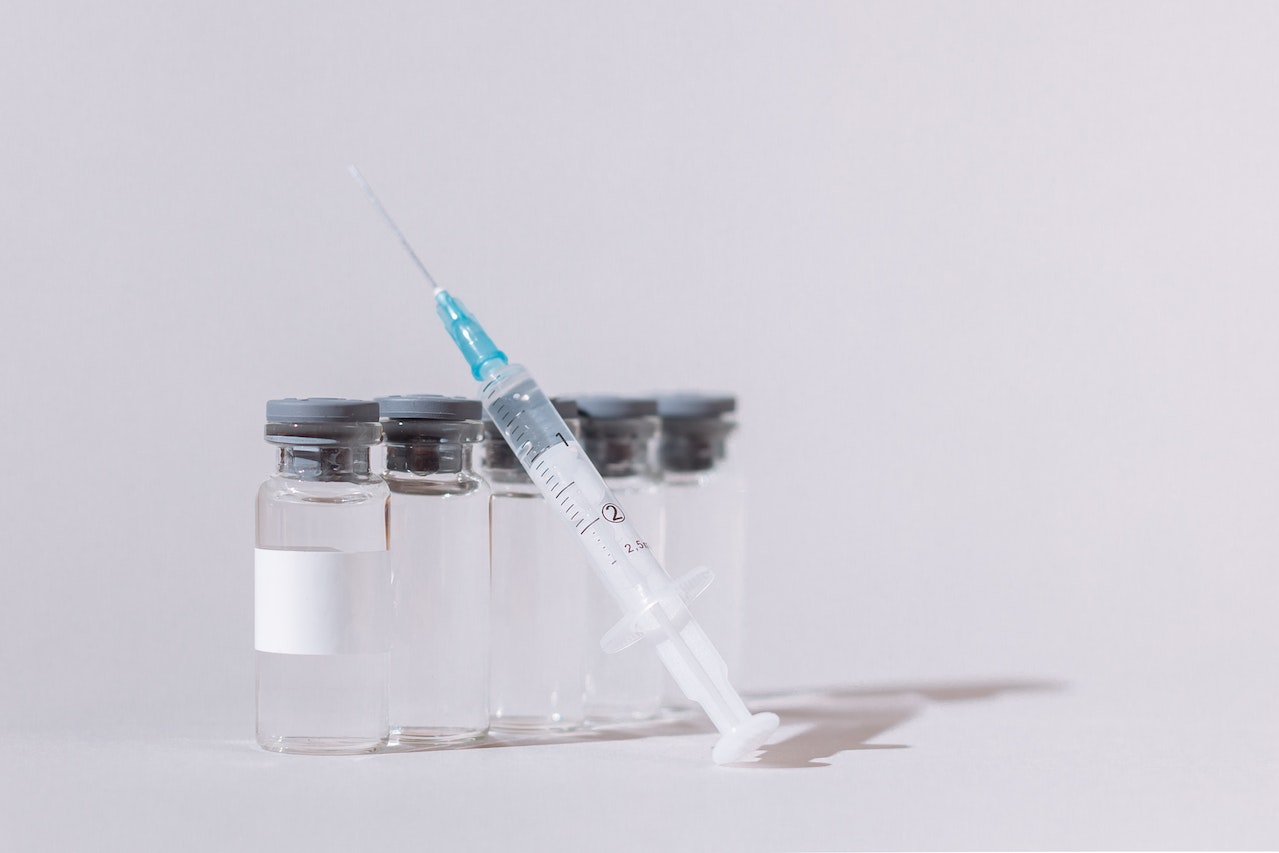
Individuals being released from custody, at the Central Lock-Up Unit, will now receive naloxone free-of-charge by Halton Regional Police Service (HRPS). The Central Lock-Up Unit is a cell block, at the 95 Oak Walk Drive Police Station in Oakville, where prisoners are temporarily held.
Naloxone is known to save lives by temporarily reversing an opioid overdose.
Approved by the Halton Police Board, the move is part of a pilot program that hopes to end the stigma around these drug kits by enabling HRPS officers to freely distribute them.
Halton Police Chief Stephen Tanner would like to see naloxone kits handed out to vulnerable people who “have experienced disproportionate increases in opioid-related harm during the pandemic,” especially those “experiencing incarceration or who have been recently released from prison.”
HRPS is expected to develop and implement distribution policies, while lending support to those who receive naloxone kits in a non-judgmental way.
The Halton Police Overdose Coordination Group, which was only formed three years ago, also believes the project is a step in the right direction as free naloxone is an “important tool in first-aid treatment.”
It should be noted that naloxone isn’t free courtesy of the HRPS’ funding. Rather, Halton Region will freely provide HRPS with kits as long as the Ministry of Health continues footing the bill.
Overdoses and drug poisonings have been increasing in the last few years; here are some life-saving tips that the HRPS would like to share:
1. Know the signs
An overdose is a medical emergency. Know the signs of an overdose and call 9-1-1 right away:
- difficulty walking, talking, or staying awake
- blue lips or nails
- very small pupils
- cold and clammy skin
- dizziness and confusion
- extreme drowsiness
- choking, gurgling or snoring sounds
- slow, weak, or no breathing
- inability to wake up, even when shaken or shouted at
2. Don't run. Call 9-1-1.
Halton Regional Police Service (HRPS) frontline officers, and other first responders in Halton, carry naloxone and we want to assist. The Good Samaritan Drug Overdose Act provides broad legal protections for anyone seeking emergency support during an overdose, including the person experiencing an overdose. This means citizens, including youth, will not be charged for offences such as simple possession for calling 9-1-1 in an emergency.
3. Carry naloxone.
Naloxone can temporarily reverse an opioid overdose. It is available free-of-charge in Halton at:
- Halton Region Harm Reduction Services (Exchange Works)
- Halton Region Sexual Health clinics
- Most pharmacies
4. Never use alone.
Don't use drugs alone, and don't let those around you use alone either. If you are using with someone else, don't use at the same time. If an overdose occurs, having another person nearby can save your life.
If you must use alone, we encourage you to download the Brave App. The Brave App is designed to connect people at risk of overdose with help they need: an ally you can talk to, a human supporter to help you stay safe, and digital monitoring technology to help you when you’re in danger. The Brave App is not a substitute for calling 911.
How the App Works
- A person at risk of overdose can use the app to connect with remote, peer support through a voice call.
- If your supporter thinks you might be overdosing (through a pre-determined span of non-response), they will request access to the details of your private Rescue Plan. This plan can include your location, access instructions, and an emergency contact to call instead of, or in addition to, calling 911.
- You will then receive a 10-second countdown alert letting you know that information will be shared unless you indicate that you are ok by dismissing the alert.
- If you are unable to dismiss the alert, then that information will be revealed to your supporter, who will only use it for the purpose of sending help.
5. Go slow.
The quality of street drugs is unpredictable. Any drug can be cut with, or contaminated by, other agents or drugs (e.g. fentanyl), which in very small amounts can be harmful or fatal. Know your tolerance and always use a small amount of a drug first to check the strength.
For additional resources, click here for Halton Police's Overdose Awareness.